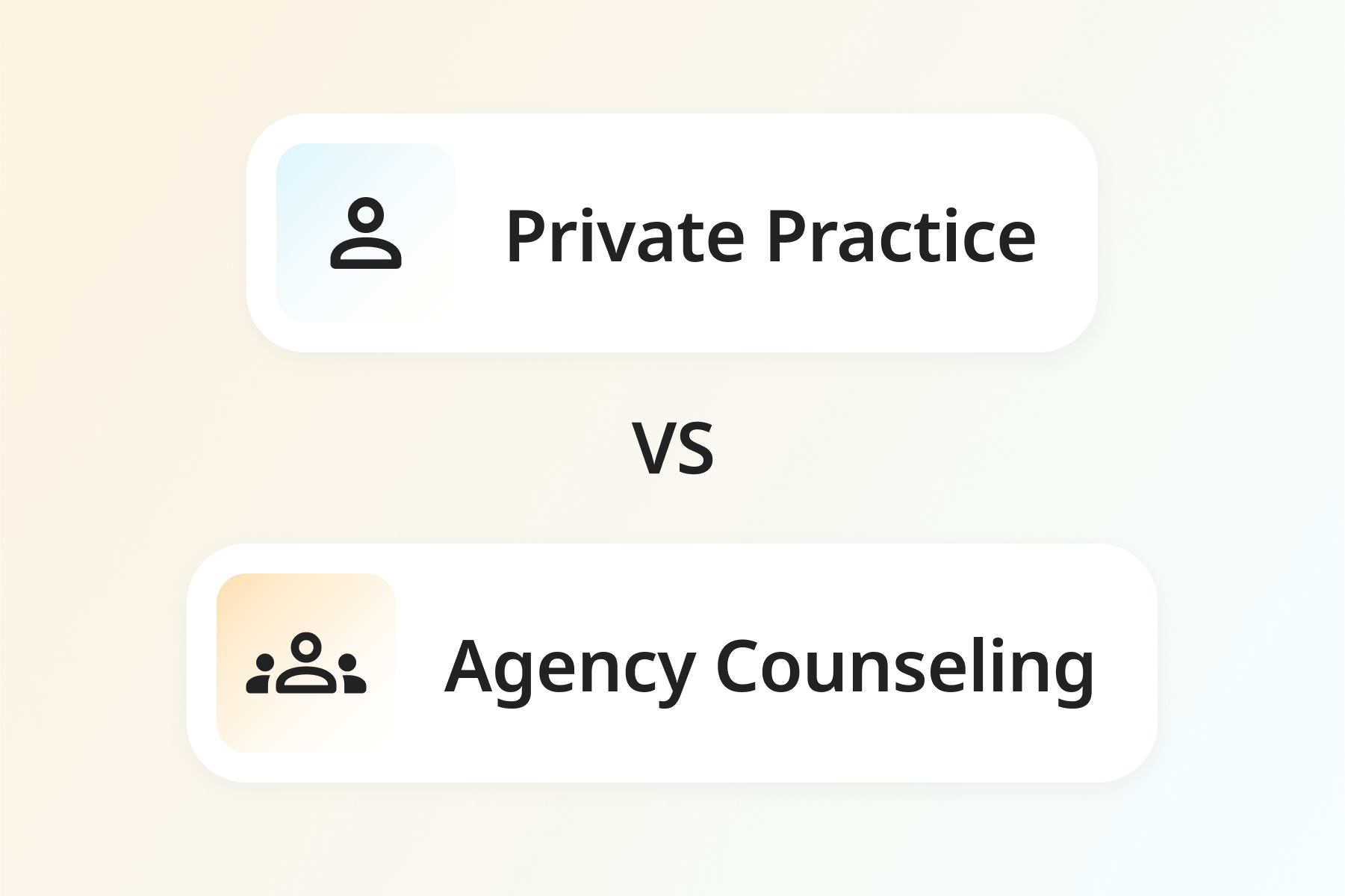Therapist Self-Disclosure


I just finished watching "Good Will Hunting," one of my favorite therapy films, as I fly to Oregon. I'm still on the plane as I type this, fighting turbulence and misty eyes.
If you aren't familiar with the film, it features a poignant depiction of a therapeutic breakthrough. We see the therapist (Robin Williams) struggle to connect with his well-defended client (Matt Damon) and finally succeed. He does so via self-disclosure of his own struggles with grief and fear. We see that the healing in that breakthrough moment is life-changing.
If you've had the fortune to witness similar turning points in treatment, you know what a great gift it is.
But that is not what I am here to talk about. There is another side to the coin of therapist self-disclosure, one that is poignant in another way. You see, there are two reasons for therapist self disclosure in a session: for the benefit of the client, or for the benefit of the therapist. I think it is important to know which is which.
Because the life of a therapist can be a lonely one. Yes, you heard me right. If your self-disclosure emanates from therapist loneliness, from a desire for confession or connection or just conversation, you may want to take a closer look.
"Lonely? How can a therapist's life be lonely?" you may ask. "I'm making human connections hour by hour! And none of these conversations are inane talk about shoes or baseball or which Netflix series is best. I have more meaningful conversations in a day than most people have in a year!"
True. But if you are doing your job, the vast majority of these conversations are one-sided. You may bear witness to a breakthrough, surely. But you are like the kid with his nose to the candy-store plate glass, watching the goodies but not tasting them.
Is it meaningful work? You bet! In a good year, you touch the lives of dozens of people in pain, dispensing comfort and growth in the most direct way possible. But then you return home... and mindful of privacy, keep it all to yourself.
The loneliest job around? Oh, far from it. Compared to the farmer in his field, the watchman on night shift, or Eleanor Rigby, you lead a charmed existence. But this isn't a contest. Lonely is lonely.
It is worse if you are a solo practitioner, and worse still if COVID has convinced you that telehealth should be your only modality of treatment. We humans are herd animals, and a water-cooler conversation or lunch with an office-mate can help to satisfy this primal need. The absence of such casual connections can make an empty hour on the schedule a very long 60 minutes.
"It's OK. I'm a bit of an introvert," you may say. Nice try. Though an introvert may not need parties or picnics, they suffer as much in solitary confinement as the next person. A lonely introvert is still... lonely.
My point is this: if you notice that your rate of self-disclosure is increasing in your work, look at your own life carefully. Are you so emotionally drained at the end of the week that your friendships are dwindling? Are your remaining friends all therapist-colleagues, with whom you must wear a brave professional face? Have you given up your sports and clubs and dinner engagements to work on overdue paperwork on weekends?
The good news is that you know what to do. Just take the advice that you give, and rebalance your life. The "meaningful work" box is already checked; now you just need to tick the "friendships" box.
Have silly fun playing board games with non-therapist friends. Try pickleball, or take that pottery class you've been threatening to take for years. Call your sister more often. Talk with your spouse or partner about the stresses of watching people emote all day. Help your niece to hold a kitten for the first time.
Physician, heal thyself!


.jpg)
